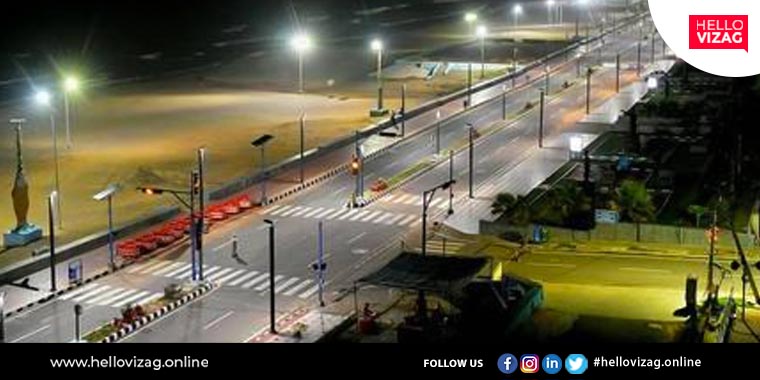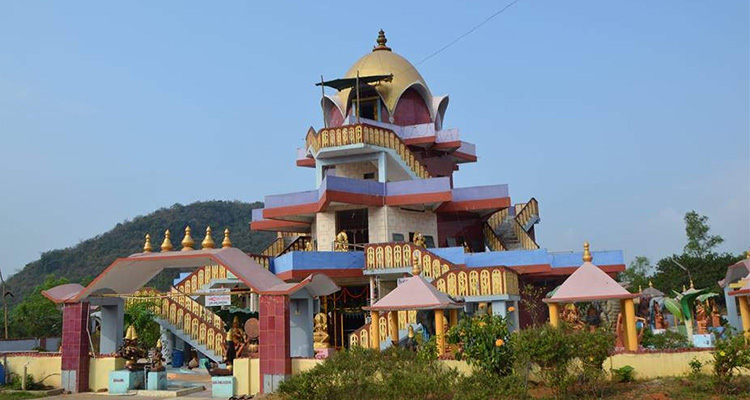Visakhapatnam, often referred to as Vizag, is renowned for its pristine beaches that attract both locals and tourists. However, recent observations have raised environmental concerns as sections of the beach sands have turned black, with citizens attributing this alarming change to sewage pollution.
Possible Causes of the Blackened Sands:
Environmental experts suggest that the discoloration of the sand could be due to several factors:
-
Sewage Discharge: Untreated or inadequately treated sewage entering the sea can lead to the accumulation of organic matter on the shore, which may decompose and darken the sand.
-
Industrial Effluents: Discharges from nearby industries might contain pollutants that contribute to the blackening of the sand.
-
Natural Phenomena: Certain natural events, such as algal blooms or the deposition of minerals, can also cause sand discoloration.
-
-
The blackened sands of Visakhapatnam's beaches are not just an aesthetic concern but also pose significant environmental and health risks. Pollutants accumulating in the sand can severely impact marine ecosystems, disrupting the ecological balance and threatening marine life. The contamination of the shoreline also raises serious public health concerns, as exposure to polluted sands and waters can lead to infections and other health issues for beachgoers. Additionally, the deteriorating condition of the beach may deter tourists, negatively affecting the local economy and businesses that rely on coastal tourism.
Concerned citizens and environmental groups have been actively raising awareness about the issue. Many residents have taken to social media, sharing images and voicing their concerns under trending like SaveVizagBeaches and CleanSeas. Environmental activists are calling for immediate action to identify and mitigate the sources of pollution, urging authorities to take stricter measures to prevent further degradation.
In response to the public outcry, local authorities have begun investigating the causes of the sand discoloration. Environmental agencies are conducting studies to determine the exact pollutants responsible for the phenomenon. Meanwhile, infrastructure improvements are being planned, including the upgrading of sewage treatment facilities to prevent untreated waste from flowing into the sea. Public awareness campaigns are also being launched to educate residents and visitors on the importance of maintaining beach cleanliness and responsibly disposing of waste. These combined efforts aim to restore the natural beauty of Visakhapatnam's beaches and ensure their sustainability for future generations.

 Team Hello Vizag
Team Hello Vizag

















